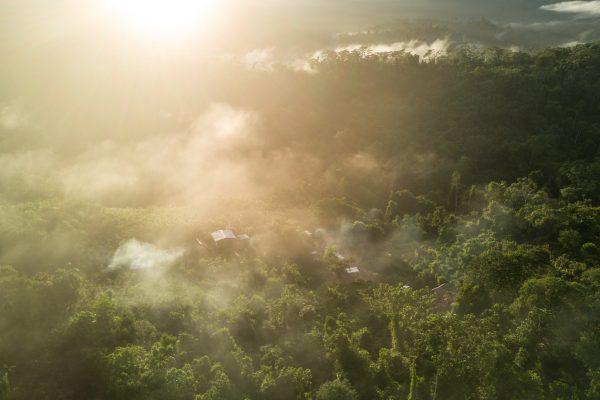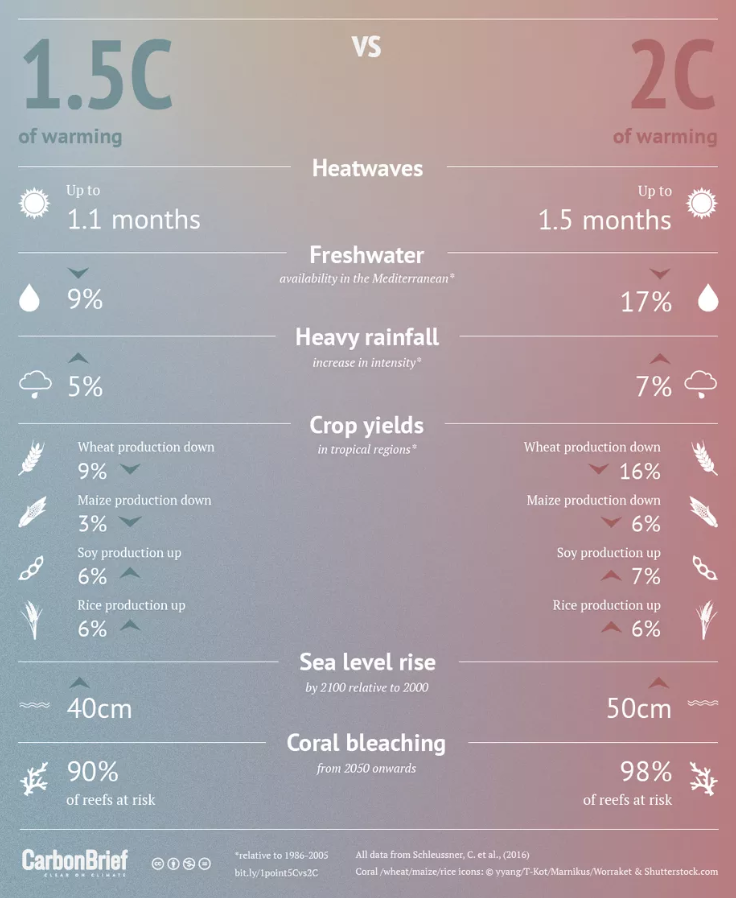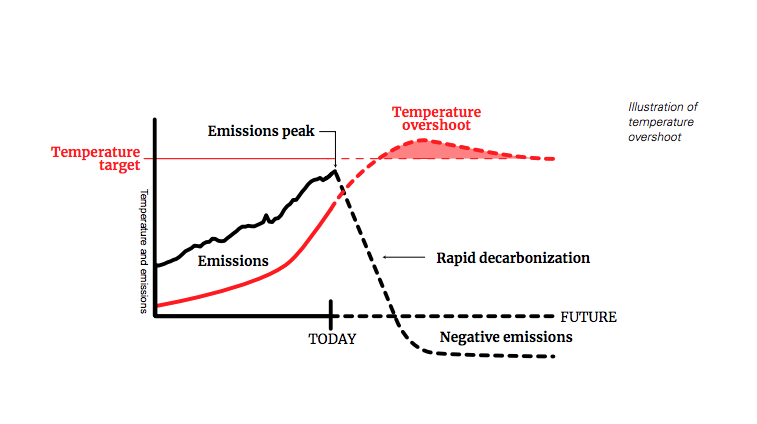
IPCC Global Warming Special Report 2018 | What does it actually mean?
If the global temperature rises by 1.5°C, humans will face unprecedented climate-related risks and weather events.
We are on track for a 3-4°C temperature rise.
It’s the final call; the most extensive warning thus far on the risks of rising global temperatures.


What is the Intergovernmental Panel on Climate Change (IPCC) Report?
The 2018 IPCC report is the most up-to-date and comprehensive explanation of the science of climate change and the future of Earth.
91 lead authors and 133 contributing authors, from 40 countries, assessed 30,000 scientific papers and made over 42,000 comments during the review process.
Their findings cannot be ignored.
Prepared by leading researchers from around the world, the report was delivered to governments, policy-makers and individuals in Korea on Monday 8th October. It warns that the world has already warmed by 1°C since the middle of the 19th century, and could reach 1.5°C before the middle of this century at the current rate of warming.
The change caused by only just half a degree came as a revelation, the difference is substantial and demands action.
It’s scientists’ way of using numbers, diagrams, and modelling to say that the whole world, at a global and individual level, must take action now.
It sets the world a clear target. We must reduce emissions of greenhouse gases to net zero by the middle of this century to have a reasonable chance of limiting global warming to 1.5°C. This thunderous call to action lays out the tools we have at our disposal to mitigate climate change, sequester carbon emissions and steer the future of Earth in a direction we can live with.
The IPCC Report 2018 is yet another wake-up call.
One of the main findings is that we are on track for 3°C rising. Limiting the rise to 1.5°C will require immediate action, and still create climatic difficulties but will have markedly better results for the planet.
Staying below 1.5°C will require “rapid, far-reaching and unprecedented changes in all aspects of society.”
“Adaptation is expected to be more challenging for ecosystems, food and health systems at 2°C of global warming than for 1.5°C,” according to the IPCC.
Is there actually that much difference between 1.5 °C and 2 °C temperature rise?
Half a degree may be the difference between a world with coral reefs and Arctic summer sea ice, and a world without them.


What happens if we don’t take action?
It’s key to remember that we tend to talk about climate change in terms of averages, at the global level. However, masked in those averages are extremes: more frequent and intense heat waves, more damaging storms, higher oceans. The world, and its people, will be affected disproportionately. At the local level, the disparity is great.
And those least able to adapt will face the greatest impact.
We have to act now. The warming effect of increasing carbon dioxide takes decades to influence the planet’s temperature. Even if we cut all emissions today, we are still set for a temperature rise, due to the cumulative effect of the climate. To meet a goal of 1.5 °C warming, this demands immediately cutting the planet’s emissions to 45 % below 2010 levels by 2030.


Further reading:
Understanding the IPCC Special Report, 2018
